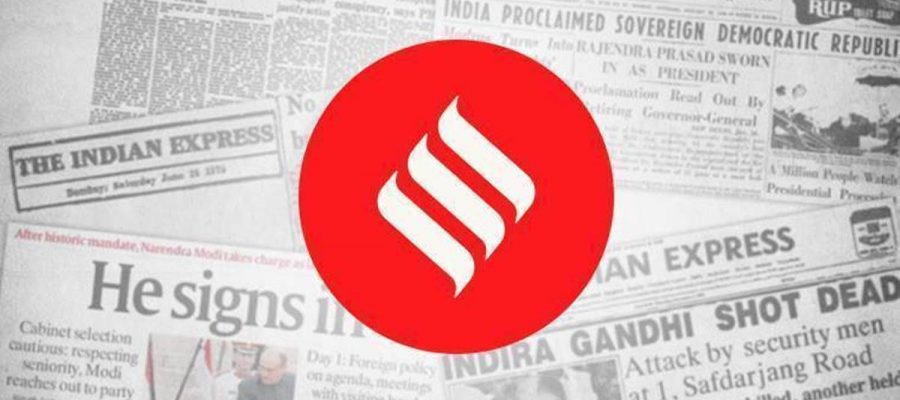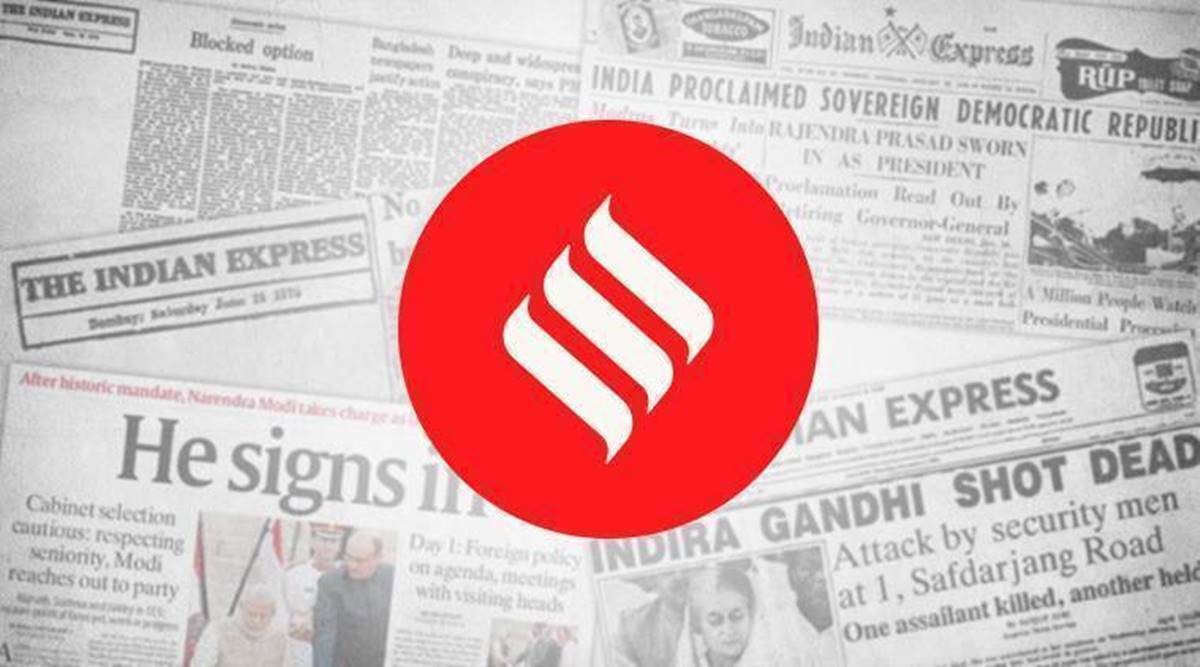UK regulator's approval to Oxford vaccine means India is a step closer to rolling out an inoculation drive against coronavirus
The UK regulator’s approval of the COVID-19 vaccine developed by Oxford University and the British-Swedish pharma major AstraZeneca is encouraging news for India. In the past two months, vaccines developed by Pfizer-BioNTech and Moderna have received regulatory sanction. But the Oxford-AstraZeneca project seems more suited to Indian conditions. For one, the Pune-based Serum Institute of India (SII) has tied up with the British university and the pharma firm to produce the vaccine in the country. The institute has approached India’s drug regulator for emergency use approval. Significantly also, the latest vaccine to be cleared for mass use doesn’t come with the logistical challenges posed by Pfizer, and to a lesser extent, Moderna products.
The Oxford-AstraZeneca vaccine recorded 70 per cent efficacy in the UK clinical trials. This, of course, is much lower than that demonstrated by the Pfizer-BioNTech and Moderna products — they have shown more than 90 per cent efficacy. However, experts caution against using trial results to compare vaccine candidates. Their accessibility is a key factor in the ability of vaccines to check the spread of infectious diseases, curb pandemics. In other words, a vaccine that is cheaper and can be distributed more widely is likely to be as — if not more — potent as one that has demonstrated greater efficacy in trials. The Oxford-AstraZeneca vaccine costs a fraction of the price of the Pfizer and Moderna jab, making it particularly relevant for mass use in low and middle-income countries — including India.
The UK regulator has approved two doses of the Oxford vaccine, spaced 12 weeks apart. The SII too reckons that this gap is necessary for the vaccine to work at optimal efficiency. Medical authorities must, therefore, brace themselves to monitor recipients of the first lot of vaccination. They should be prepared to treat the first round of inoculation as an extended trial, especially because there is no data on how long the immunity provided by the vaccine will last. Evidence on the protection accorded to those above 55 too isn’t conclusive. First-generation vaccines are known to pose such challenges. That’s why scientists have been consistently underlining that these vaccines will require tweaking. The SII’s partnership with Oxford AstraZeneca places India in an advantageous position in this respect. In the new year, there’s much to look forward to by way of a shield against the virus that cast its shadow over 2020.
Source: Read Full Article


